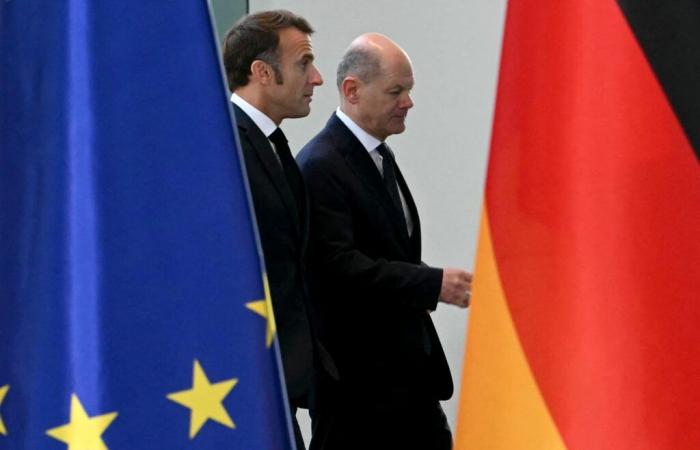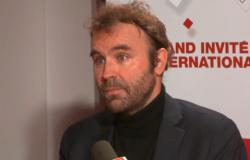
Rrament in the history of European construction has the Franco-German couple appeared so dissonant on a budgetary level. While the French Parliament is locked in a political crisis over its painful attempt to spend less in its 2025 budget, Germany's ruling coalition has been torn over the question of the need to spend more. Paris is strangled by its debt, Berlin by its parsimony. Their only point in common: the two countries must change course to get out of the doldrums.
In France, awareness of the need for change still remains in limbo. The debate boils down to discussing the seriousness of finding yourself without a government and without a budget at Christmas. The worst is not certain, but, from the left to the extreme right, the temptation of emptiness seems irresistible, without knowing what this irresponsible upheaval will lead to.
Reflection on the essential overhaul of the financing of our social and tax system, which would allow us to regain control of our public finances, is at a standstill. The “common base” dramatizes. The oppositions put things into perspective. The country is paralyzed. Financial markets are tensing.
Also read the survey | Article reserved for our subscribers In Germany, the specter of economic decline
Read later
In Germany, tempers are settling. The German model has lost its splendor. Growth is at a standstill and social plans in the industry are multiplying. The seriousness of the situation pushes the Germans to question the questioning of the “Debt brake”the debt brake, totem of the rigor of the country's public finances. Enshrined in the Constitution by Angela Merkel in 2009, this provision limits the structural budget deficit to 0.35% of gross domestic product. France is accelerating to more than 6% in 2024.
The ball and chain of the debt brake
As long as “Deutschland Ag” reaped the dividends of globalization, this brake was virtuous, preventing export revenues from being squandered on uncontrolled expenses. But in a few years, the strengths of Europe's good student have become existential weaknesses. The industry no longer has access to Russian gas which allowed it to have competitive production costs. The rise in trade tensions and the slowdown in international trade are putting its trade surpluses at risk. China, which was for a long time the El Dorado of “Made in Germany”, has caught up with its technological gap and is shunning German products, particularly the most emblematic ones such as automobiles.
You have 58.4% of this article left to read. The rest is reserved for subscribers.
France





